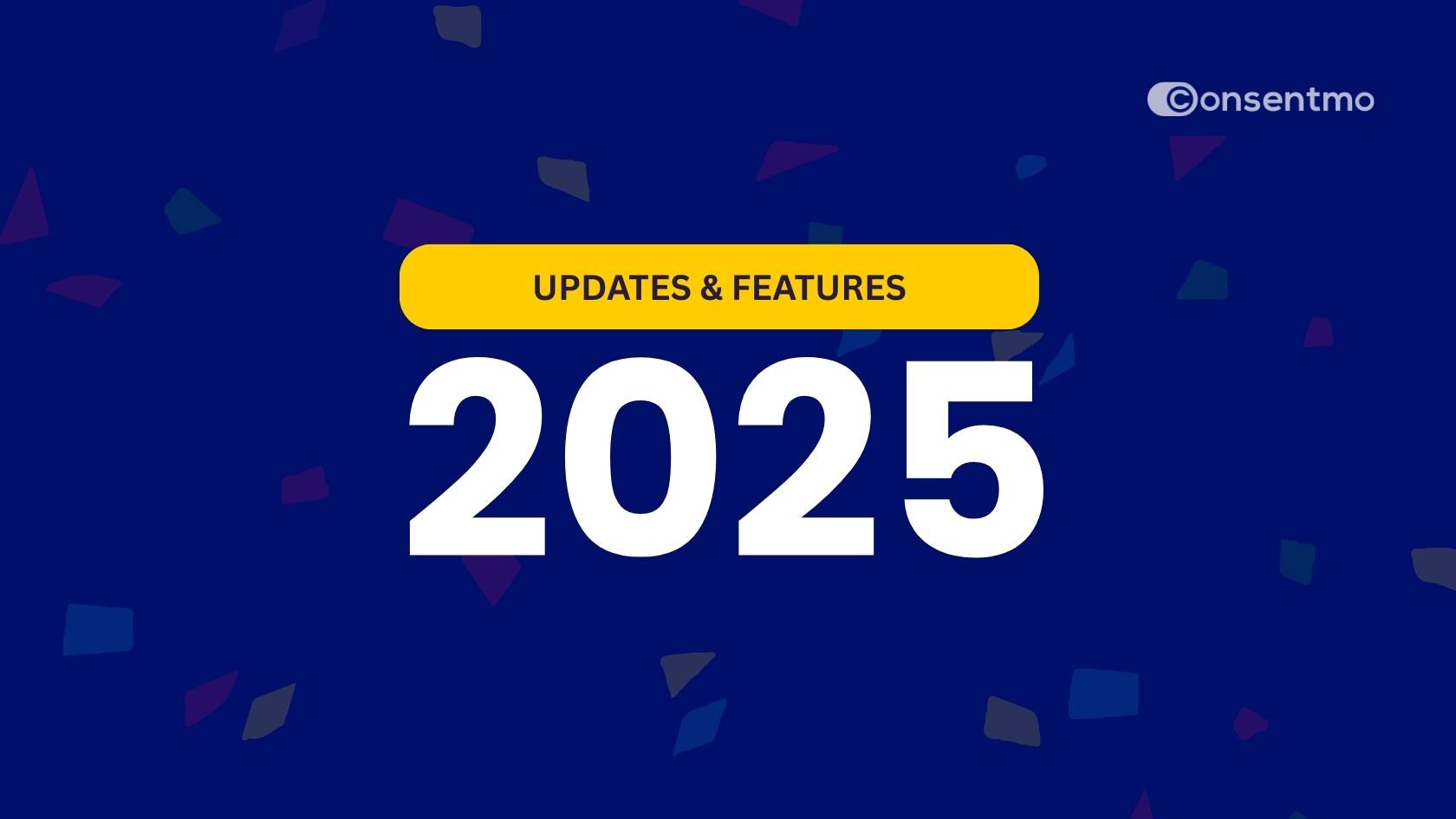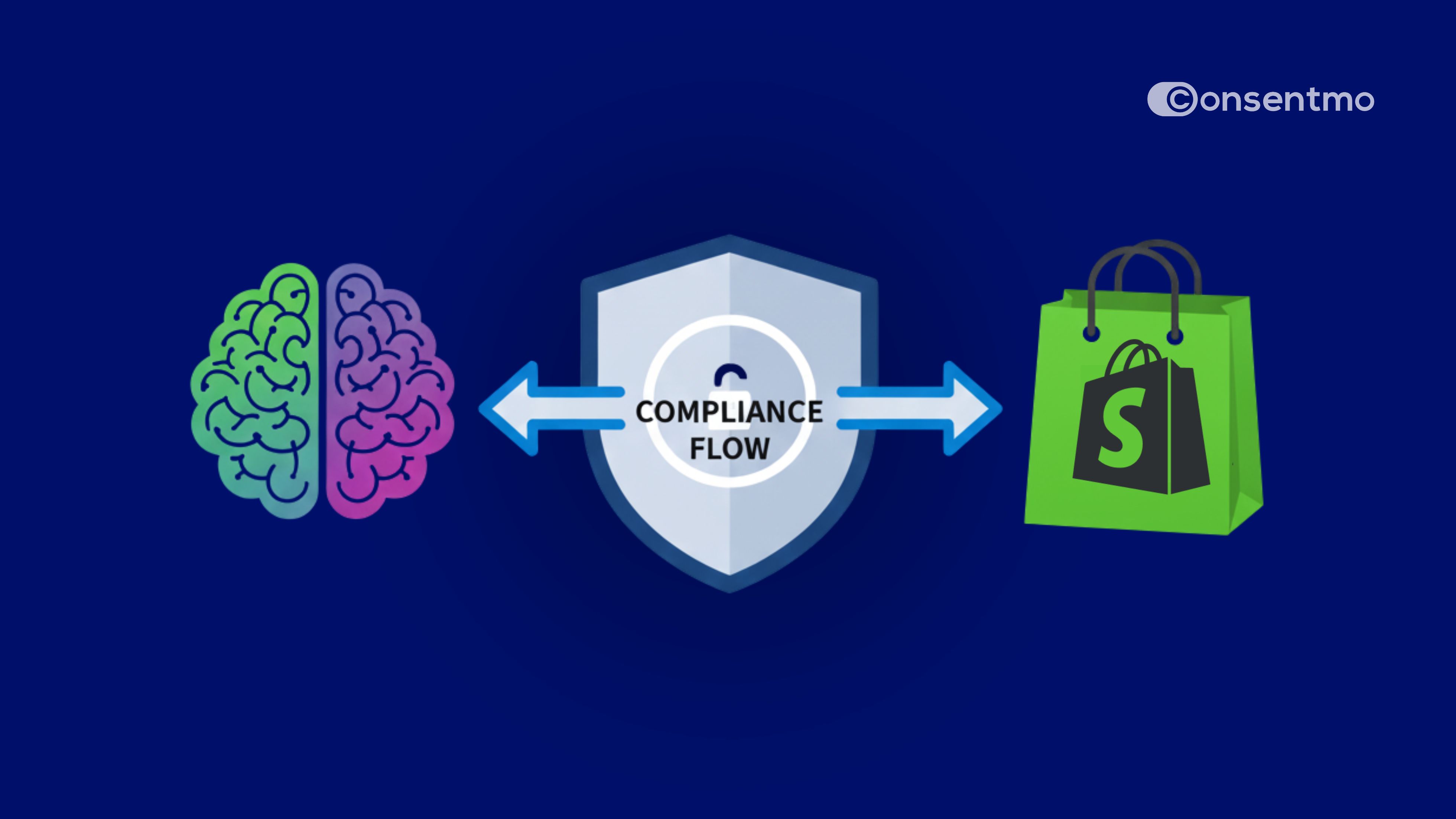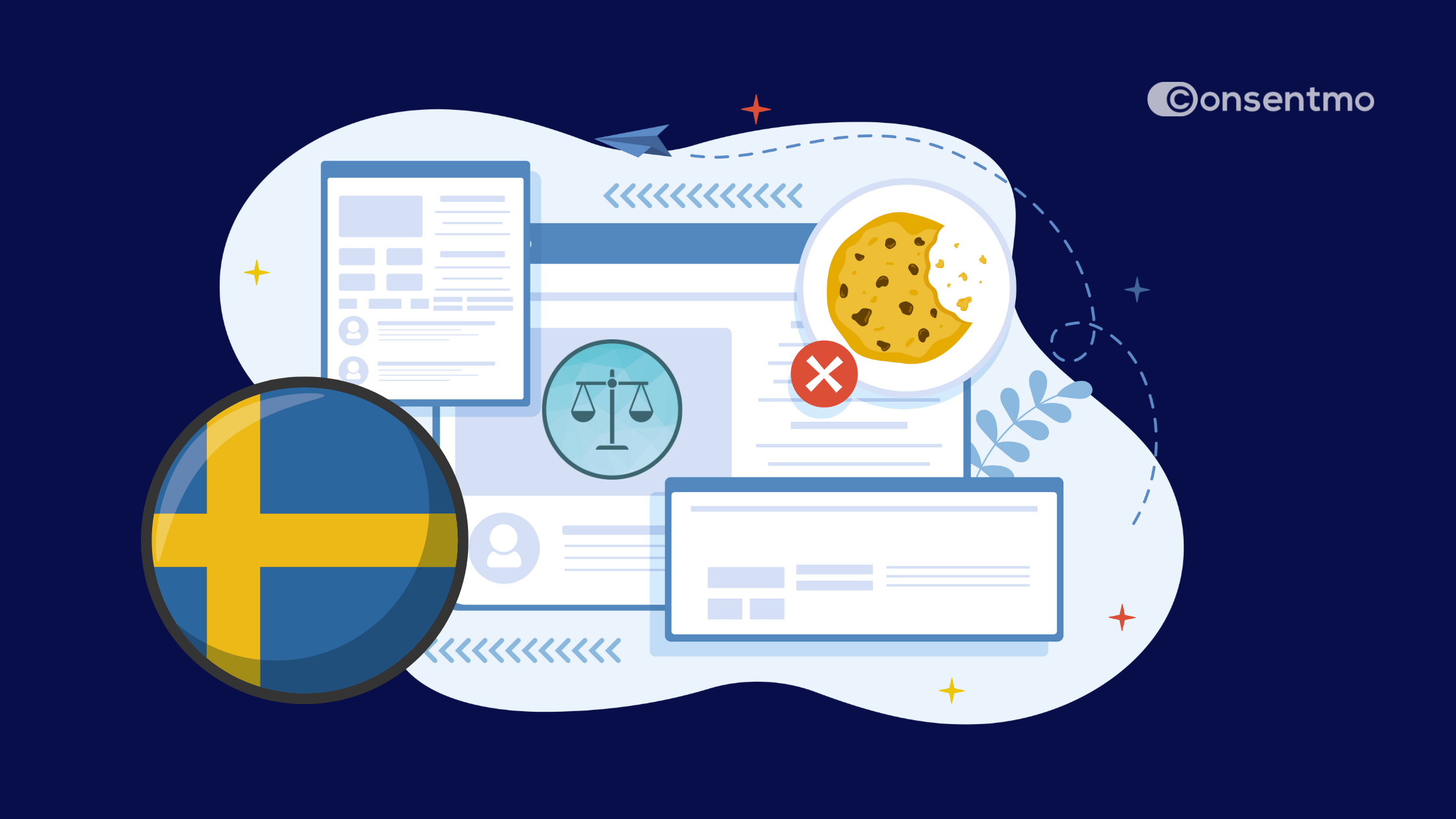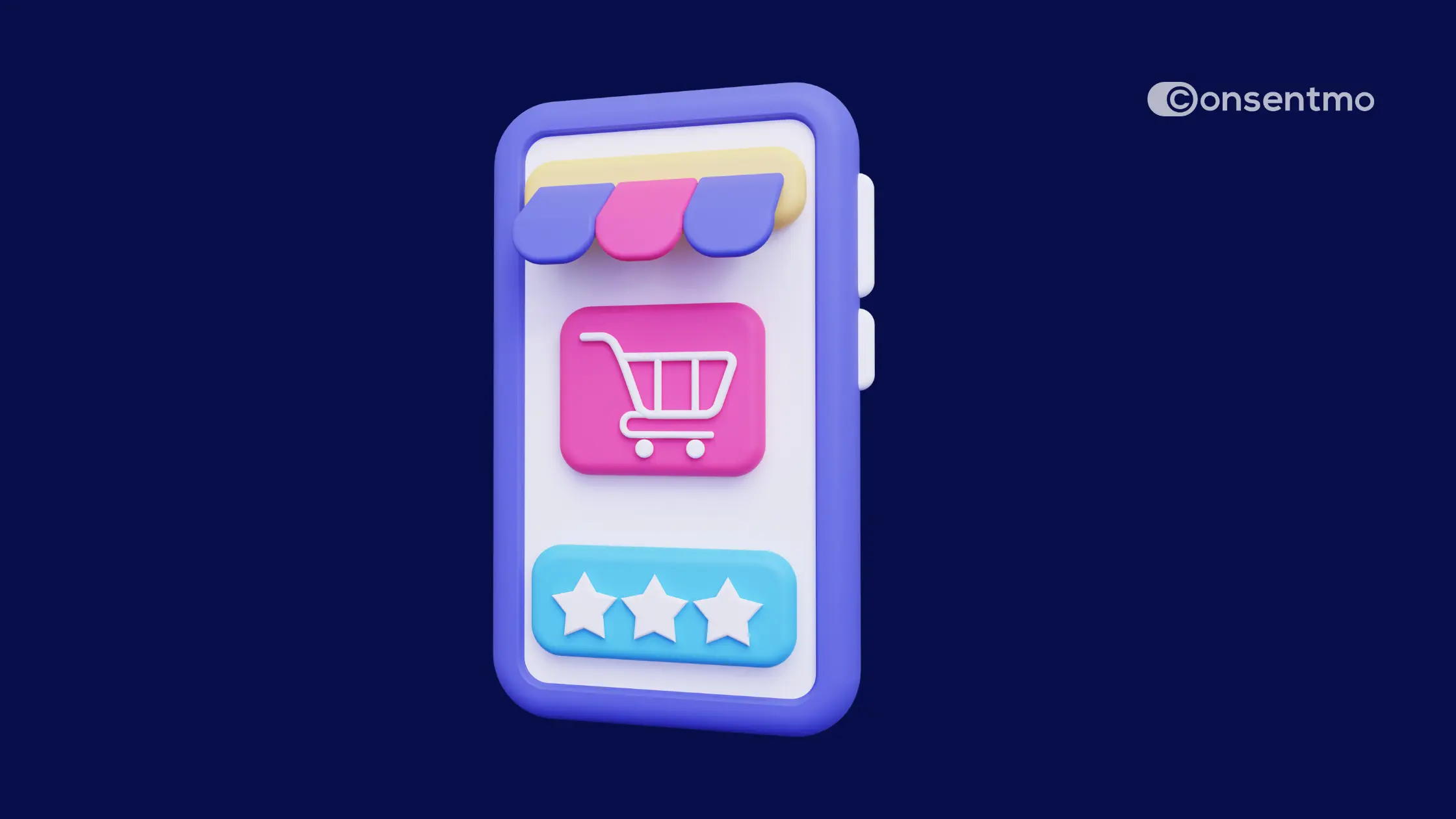Under the General Data Protection Regulation (GDPR), Shopify merchants are required to follow strict guidelines for handling personal data, including setting clear data retention policies. The core principle of GDPR is to retain personal data only as long as necessary, striking a balance between legal compliance and efficient business operations. In this article, we’ll explore data retention best practices and factors to consider when setting retention periods.
What is Data Retention?
Data retention refers to the practice of storing personal information for a specific period to meet legal, regulatory, or business needs. The GDPR determines how long personal data, such as customer names, and email addresses.
Why is Data Retention Important
Data retention is important for several reasons:
- Compliance: It guarantees Shopify merchants meet legal requirements, helping avoid fines and penalties.
- Operational efficiency: Proper retention supports business functions like customer service and contract management by keeping necessary information accessible.
- Risk management: Reducing unnecessary data storage lowers the risk of data breaches and unauthorized access.
- Cost control: Storing only essential data helps reduce storage costs.
- Customer trust: Demonstrating a commitment to data privacy by sticking to proper retention policies builds trust with customers.
- Legal risk: Failure to comply with data retention regulations can lead to significant legal penalties, including GDPR fines.
How Long Should Data Be Kept Under GDPR?
GDPR emphasizes the principle of "storage limitation," which states that personal data must not be retained longer than necessary for the purpose it was collected. While GDPR doesn’t provide specific time limits, Shopify merchants need to consider legal obligations, data processing purposes, and operational needs when determining how long to keep data.
For instance, data related to financial transactions may need to be retained for extended periods to comply with tax or accounting laws, while marketing data might only need to be kept for shorter durations depending on customer engagement. Regular reviews and updates of retention policies are crucial to verify ongoing GDPR compliance and minimize risks such as data breaches.
Key Factors for Determining Retention Periods
When setting retention periods, Shopify merchants should take into account:
- Legal requirements: Some data, like financial or employment records, have mandated retention periods depending on the jurisdiction.
- Purpose of data processing: Retention periods should align with the specific reason the data was collected. For example, marketing data should be reviewed periodically and deleted if no longer needed.
- Industry guidelines: Each industry may have different standards influencing retention practices.
- Risk assessments: Evaluating the potential risks of retaining or deleting data helps determine appropriate timelines.
Implementing GDPR-Compliant Data Retention Policies
To comply with GDPR, Shopify merchants need to establish clear data retention policies that define how long data will be stored, when it should be reviewed, and how it will be securely deleted or anonymized. Here are some steps to develop a data retention policy:
- Data inventory: Conduct an audit of all personal data in your store, categorizing it by type, purpose, and sensitivity.
- Define retention periods: Set clear timelines for retaining different categories of data based on legal requirements and business needs.
- Regularly review retention schedules: Update schedules regularly to reflect changes in regulations or business operations and automate data deletion when necessary.
- Implement minimization and erasure protocols: Make sure that the procedures are in place to minimize data storage and securely erase or anonymize data when it’s no longer needed.
- Train employees: Your staff has to understand your store’s data retention policies and their role in maintaining GDPR compliance.
How to Manage Data Retention with Consentmo
Managing data retention effectively requires the right tools. While Consentmo primarily focuses on GDPR compliance for Shopify merchants, it eases the process of managing cookie consent and user preferences. By integrating with Shopify stores, our app helps merchants manage data collection and customer consent in line with GDPR and other data regulations. Though data retention policies must be handled independently, Consentmo guarantees that consent management and regulatory compliance are optimized, supporting a smoother compliance journey.
Key features include:
- Cookie Consent Management: Easily manage and track user consent for cookies.
- Automatic Blocking of Third-Party Trackers: Verify no data is collected without user consent.
- Detailed Consent Logs: Keep a clear record of all user consent activities for audits.
- Customizable Cookie Banners: Tailor your consent banners to meet regulatory and branding needs.
How Long Does Consentmo Retain Customer Data?
Consentmo securely stores all data collected for managing compliance requests related to GDPR, CCPA-CPRA, VCDPA, CPA, CTDPA, UCPA, PIPEDA, LGPD, and APPI for a period of 12 months. After this period, the data is automatically deleted, guaranteeing compliance with data retention regulations and minimizing unnecessary storage. This helps Shopify merchants align with privacy laws while maintaining customer trust by safeguarding personal data.
Conclusion
For Shopify merchants, following GDPR is vital for avoiding legal risks and building customer trust. By establishing clear, well-defined retention policies and reviewing them regularly, merchants can optimize their compliance efforts while minimizing the risks of excessive data storage. The key is to retain personal data only for as long as necessary, considering both legal obligations and business needs. With the right practices in place, you can assure compliance, protect privacy, and strengthen your brand’s reputation.

.jpg)



.webp)


.png)








.png)








.jpg)















%2520.webp)
















.webp)


.webp)



.webp)
.webp)





.webp)































%20-%20Copy-p-500.webp)

.webp)



%20-%20Copy.png)
.svg)